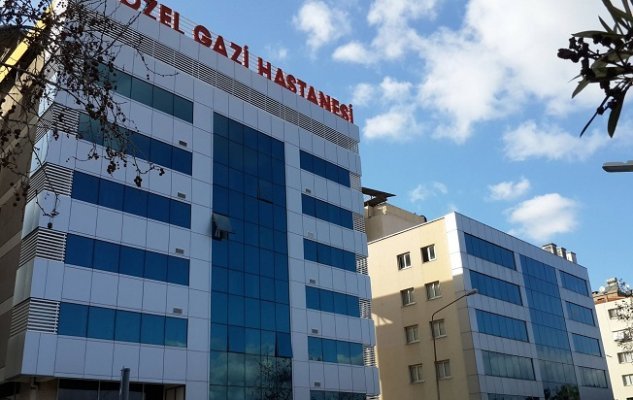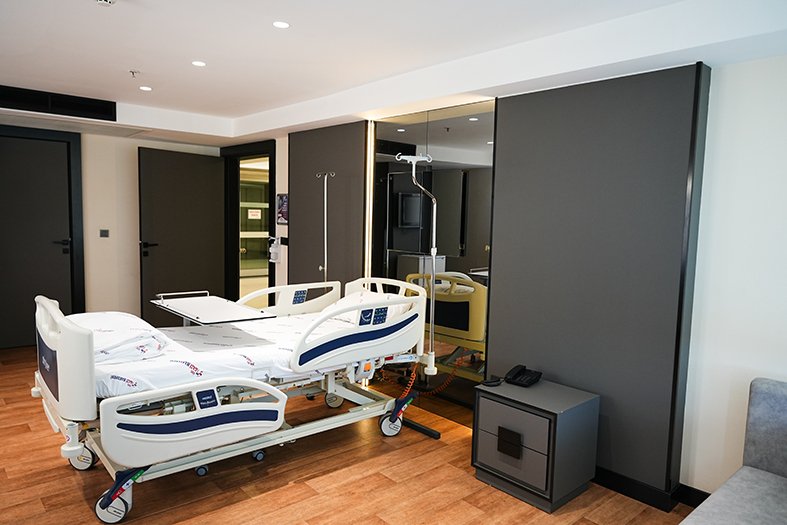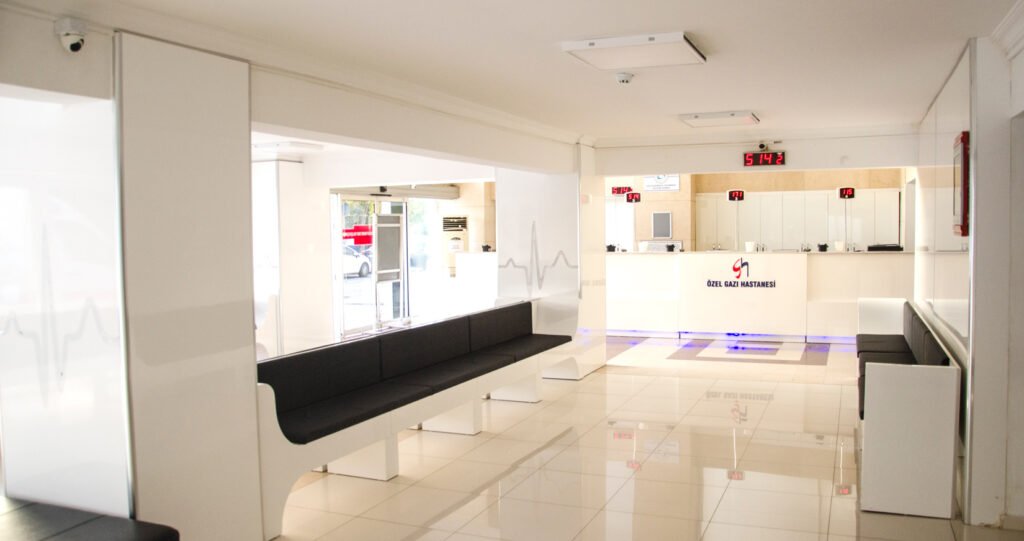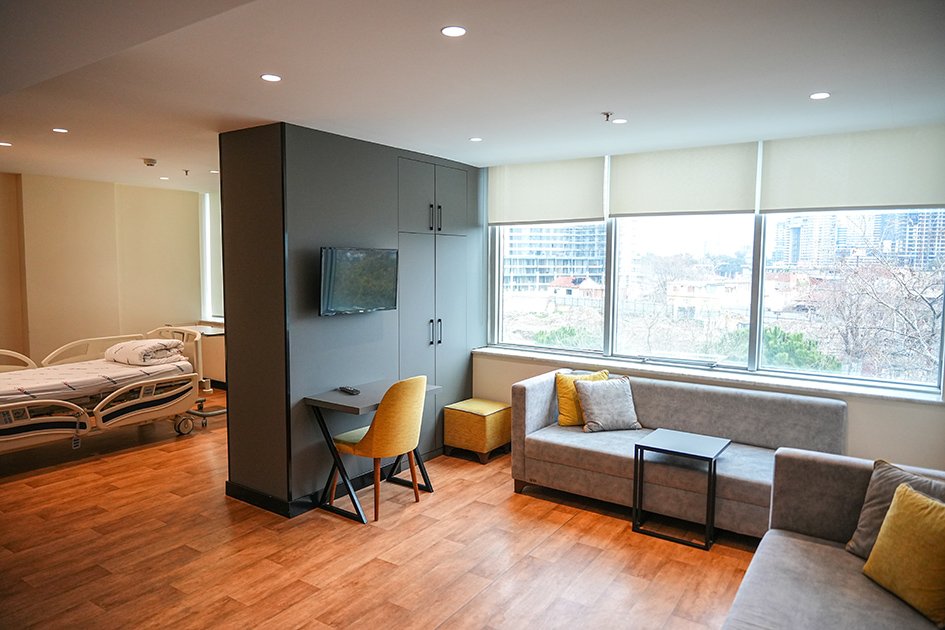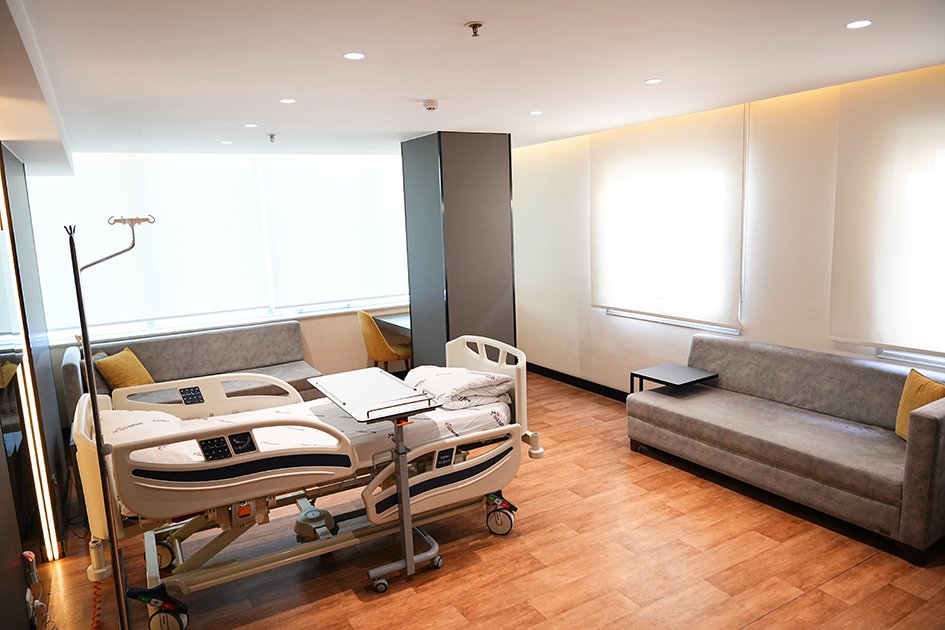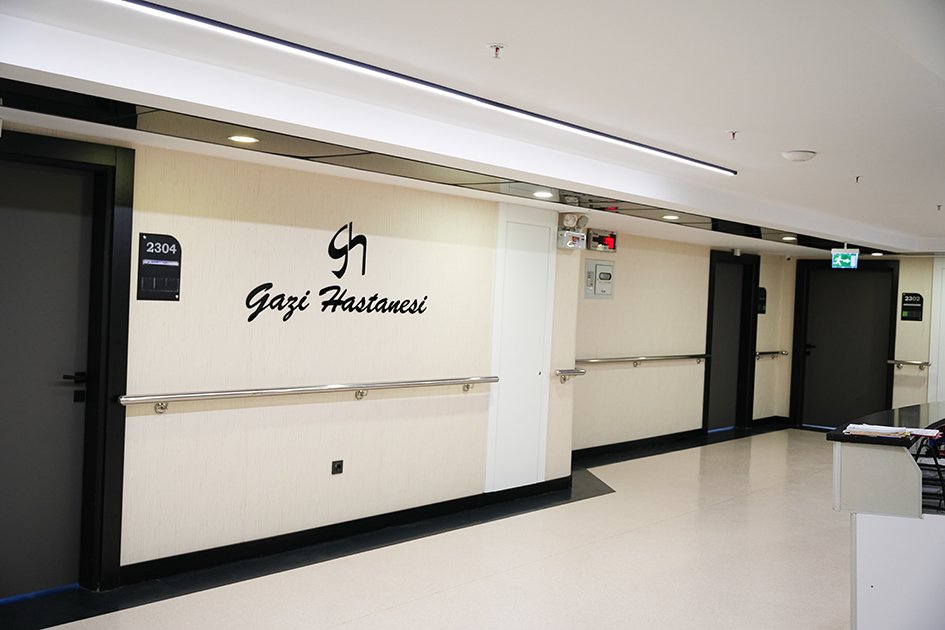Hypatia, considered one of the first known female mathematicians and philosophers of antiquity, is believed to have lived in Alexandria between 370 and 415 AD.
Her father, Theon, was a mathematician and astronomer who worked at the Library of Alexandria, which introduced Hypatia to science and philosophy at an early age.
Hypatia taught geometry, algebra, astronomy, and Neoplatonic philosophy. She wrote commentaries on Diophantus’s Arithmetica and, together with her father, edited Euclid’s Elements. She also conducted studies in astronomy and designed instruments to observe celestial movements (for example, she is thought to have contributed to the development of the hydrometer and the astrolabe).
Holding a worldview that prioritized dialectic (logical discussion) and reasoning over beliefs, Hypatia stands as a historical inspiration for the presence of women in science.
IZMIR
The Pearl of the Aegean
Izmir, located on the western coast of Turkey by the Aegean Sea, is renowned for its rich history and cultural heritage. Blending the vibrancy of modern life with its deep-rooted past, İzmir captivates visitors with its unique charm. The historic Kemeraltı Bazaar, the magnificent Clock Tower, the colorful streets of Alsancak, and the stunning Gulf view make İzmir an essential destination for travelers and locals alike. With its beautiful beaches, sunny weather, and warm-hearted people, this charming city is a paradise waiting to be discovered all year round.
IZMIR
The Perfect City for Aesthetic and Surgical Procedures
Izmir is not only known for its natural beauty and rich historical texture but also for its advanced healthcare facilities. As the "Pearl of the Aegean," Izmir stands out as an ideal location for various aesthetic and surgical procedures, thanks to its modern hospitals, expert medical teams, and state-of-the-art technology.
In Izmir, procedures such as rhinoplasty (nose surgery), facelift, buccal fat removal (bichectomy), liposuction, and breast augmentation are successfully performed by skilled professionals. Additionally, orthopedic surgeries, bariatric procedures, and other medical treatments are carried out with precision and care.
Recovering from surgery in this beautiful city means more than just physical healing; it also offers a rejuvenating experience for the soul. The tranquil atmosphere of the Aegean, combined with the stunning views of the Izmir Bay, creates a soothing environment for post-operative recovery. Strolling through the vibrant streets of Alsancak, watching the sunset at Kordon, or exploring the historic Kemeraltı Bazaar makes the healing process more enjoyable and uplifting. Additionally, discovering the ancient splendor of Ephesus, the rich heritage of Bergama, the picturesque charm of Çeşme, and the secluded coves along the coastline adds a unique cultural and natural dimension to the recovery journey, making it truly unforgettable.
Izmir is not just a center for medical care but a place where patients can find peace, comfort, and positive energy. The warm climate, friendly locals, and high-quality healthcare services make surgical procedures here both comfortable and refreshing.
The basic information we need to know about the medical records and medical history of patients undergoing cosmetic surgery is as follows:
Who are suitable patients for plastic surgery operations?
-People who do not have health problems and medication that prevent surgery
-People who have realistic expectations about the results
-People who have enough time for postoperative resting period
-People who will not have financial difficulties due to surgery
Apart from these basic requirements, patients should also;
Undergo plastic surgery not because of the suggestion or criticism of others. They should undergo surgery because of their own wishes.
And they should have surgery with detailed information about the aesthetic procedure they want to have and be aware of the possibility of complications and results may vary from patient to patient.
Here are detailed key factors to understand and evaluate before making your decision:
Preparing to fly to another country involves several key considerations to ensure a smooth and stress-free trip.
Dear patient,
Becoming even more beautiful than you already are, and rejuvenating yourself undoubtedly brings happiness, and we as a team are working hard to help you get through this difficult surgery process in good health and be happier at the end of the process. Please remember that we love you and our work.
Therefore, please feel free to contact us or write to us at any time you deem necessary or feel you need to.
Got a question?
No problem.
You can message us for any questions about İzmir and the surgeries performed in İzmir.

